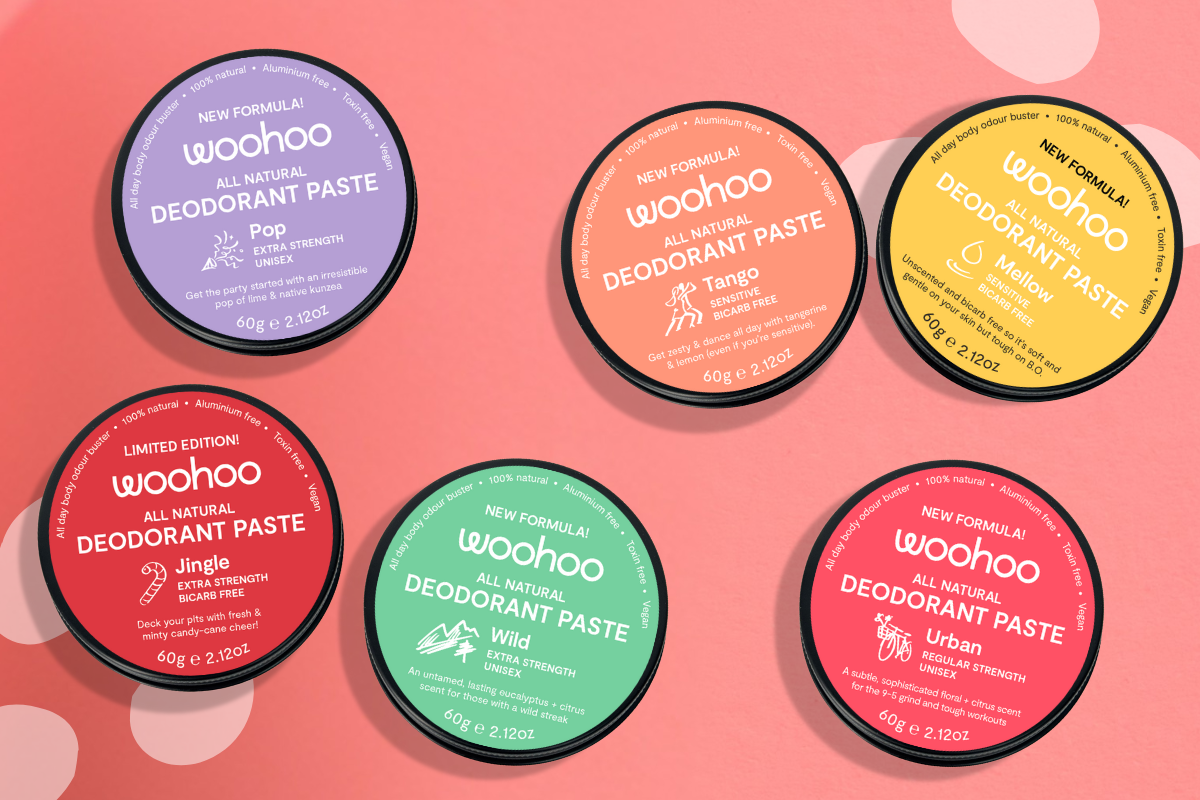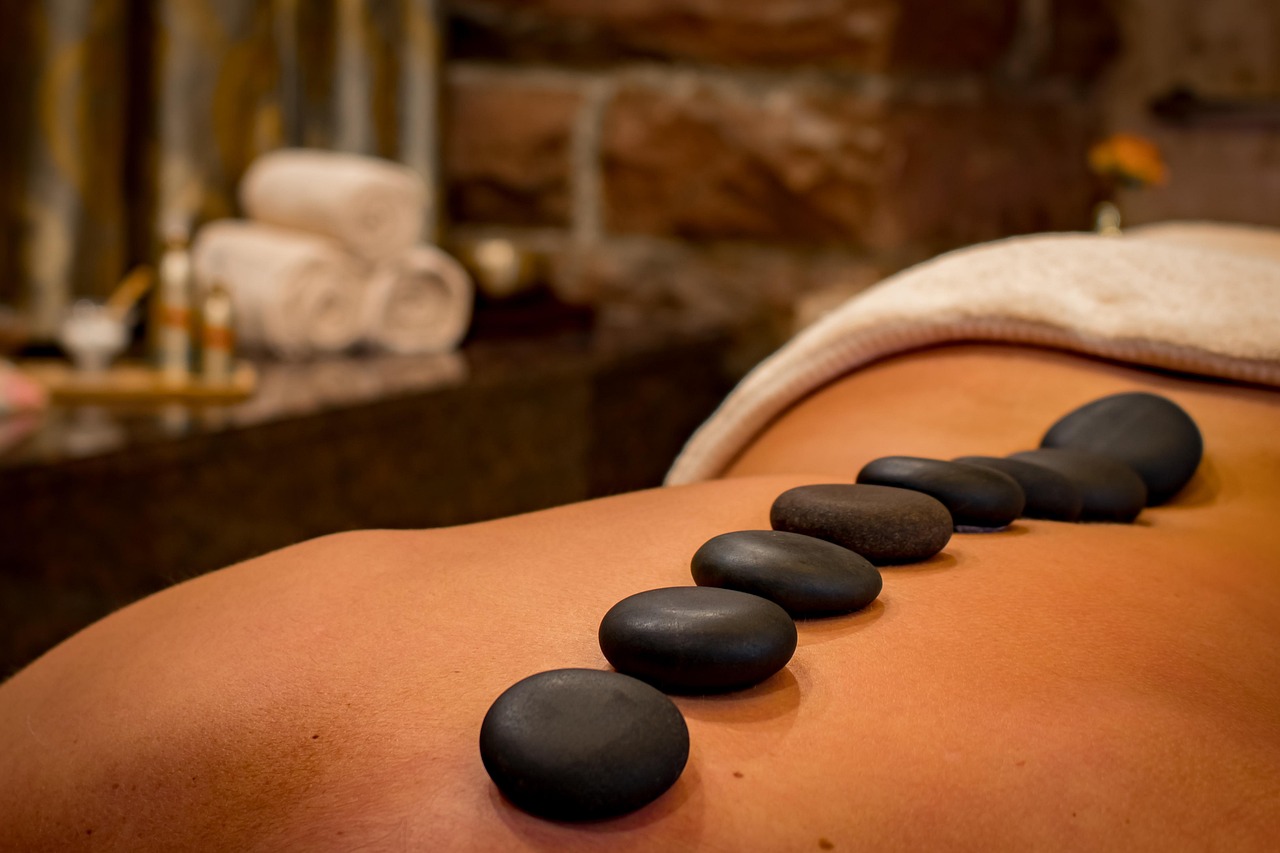We all want the youthful, smooth, firm, elastic, radiant skin we enjoyed when we were young. And one thing we had a lot more of in our younger years was collagen—one of the key building blocks of vibrant, youthful-looking skin. As the years pass, though, collagen levels drop off, which contributes to visible signs of aging like sagging, wrinkles, fine lines, and dullness. Although we can’t turn back time (sorry, Cher), we can help boost collagen production in the skin so you can still enjoy collagen benefits like erasing fine lines, firming sagging skin, promoting elasticity, and getting back that youthful glow again. From lifestyle hacks to collagen treatment options, Apex Skin is here to help you learn how to increase collagen production with science-based skincare.
Collagen is your body’s most abundant form of protein, making up about 30% of the protein that gives support, structure, and strength to your skin, bones, connective tissues, muscles, ligaments, tendons, blood vessels, and organs. Your body naturally generates collagen from proteins you ingest from a well-balanced, nutritious diet, but as we age, that innate ability to build collagen wanes.
The Role of Collagen in Skincare
“One of the primary factors that accelerates collagen loss is sun exposure,” explains Panichi. “UV rays specifically disrupt collagen production and promote the breakdown of important proteins like collagen and elastin in the skin. To counteract the visible effects of collagen depletion from environmental damage, adopting healthy lifestyle habits such as using sun protection, maintaining a balanced diet, and engaging in regular exercise can be highly effective.” Some of the best ways to boost collagen production naturally include:
Signs of Collagen Loss and Its Impact on Your Skin
Collagen loss can affect the entire body as we age, but the most obvious evidence of it appears in our skin first. The first signs of collagen loss include dry skin, fine lines, and dullness.
“Collagen reduction can also lead to wrinkles, hollowed cheeks, a sagging jawline, wrinkles in under-eye areas, and a crepey skin texture,” adds Panichi. “Throughout the rest of the body, diminished collagen may result in thinning hair, joint pain and stiffness, and delayed wound healing.”
Skincare Treatments That Boost Collagen Production
Before discussing what works, it’s important to explain what doesn’t when it comes to the best way to boost collagen in the skin and body overall.
Microneedling
Microneedling is a cosmetic dermatology procedure where tiny, sterile needles prick the skin, which tells skin cells to produce more collagen, which firms, smooths, and tones the treated skin areas.
“Microneedling creates controlled micro-injuries to the skin, stimulating the body’s natural healing process and boosting collagen and elastin production,” explains Panichi. “This collagen treatment helps reduce the visibility of fine lines, wrinkles, dark spots, and scarring, including acne scars, creating a smoother, firmer appearance.
For optimal results, most patients need 3-4 sessions spaced out once a month. Patients will start noticing results as soon as 2 weeks after their first microneedling appointment. The most optimal results can be seen 4-6 weeks after their final appointment in the series.
Microneedling also stimulates cell turnover by causing controlled micro-injuries that initiate the body’s natural healing process, resulting in newer, more youthful skin cells. For those using microneedling to treat scars such as acne scars, stretch marks, or surgical scars, the improvements can last a lifetime. However, for cosmetic concerns related to collagen loss, ideal results typically last several months. To continue improving their appearance, patients may need annual or biannual maintenance treatments.
Injectable Collagen Stimulants
Several injectable collagen stimulants like dermal fillers and Sculptra are good for rebuilding collagen benefits for long-term results, filling in deep wrinkles, and restoring skin volume and plumpness.
She adds, “Hyaluronic acid works by drawing in water to add volume, correct sagging, and smooth fine lines and wrinkles. Sculptra, a collagen-stimulating injectable made of poly-L-lactic acid, is designed to gradually restore skin volume and improve skin structure. When injected, it triggers a controlled inflammatory response that activates the body’s natural healing process, stimulating the production of new collagen. While the results take several months to fully develop, Sculptra offers a natural, long-term solution with holistic improvements to skin integrity. By restoring volume to areas depleted of collagen over time, Sculptra offers a long-lasting solution rather than just a temporary fix.”
Diamond Glow
For people experiencing the early signs of collagen loss, like fine lines and skin dullness, a chemical peel like Diamond Glow (formerly Dermalinfusion) can work wonders. The Diamond Glow collagen treatment first exfoliates layers of dead skin, deeply cleanses, and then infuses skin with nourishing, hydrating collagen benefits for smoother, brighter, more elastic, vibrant skin.
“Chemical peels work by exfoliating the outermost layer of skin to reveal fresher, smoother skin beneath,” explains Panichi. “While chemical peels can boost collagen production, their effects at inducing collagen production are generally less pronounced compared to microneedling and laser treatments.”
Topical Treatments with Retinoids and Peptides
Although applying collagen topically doesn’t work, several medical-grade skincare products can stimulate your skin’s ability to produce collagen itself. Bolstering your skincare routine with products that include retinoids, peptides, and antioxidants bring you collagen benefits by improving skin texture and elasticity.
In addition to those collagen-stimulating skin treatments, you can do a lot to protect your body’s ability to keep producing collagen at its best levels. These skincare habits focus on protecting your collagen production and preventing its decay by warding off the environmental factors that damage collagen over the years:
2) Use Topical Hydration and Moisturizers on the Skin
“Hyaluronic acid is specifically used for hydration of the skin and can enhance the skin’s ability to produce collagen,” says Panichi. “The product that specifically comes to mind is SkinMedica HA5 Hydra Collagen Replenish and Restore Hydrator. This lightweight serum actively restores hyaluronic acid production to improve the skin’s barrier and ability to hold water.”
If you’re worried about increasing signs of collagen loss and aging in your skin, schedule an appointment with Isabelle Panichi in our Westlake office, or if that location is not convenient for you, you can book a consultation with the dermatology experts at one of our other 13 Apex Skin locations nearest you in Northeast Ohio.
“The key to developing a collagen-boosting treatment plan is a full comprehensive facial assessment,” says Panichi. “For many patients, a personalized combination of treatments and medical-grade skincare is key. Since each patient’s skin and anatomy are unique, their treatment plan will be tailored to address their individual needs and goals. By evaluating the skin in detail, we can tailor a plan that aligns with each patient’s unique goals and needs, ensuring the most effective approach to achieve the desired results.”

Isabelle Panichi is a licensed Physician Assistant in the state of Ohio certified by the National Commission on Certification of Physician Assistants. Born and raised near Cleveland, Ohio, she has always hoped to provide care in her local community.
Isabelle received her Bachelor of Science in Health Services from Kent State University in 2022. Following her undergraduate education, she went on to earn her Master of Medical Science in Physician Assistant Studies from Baldwin Wallace University in 2024.



